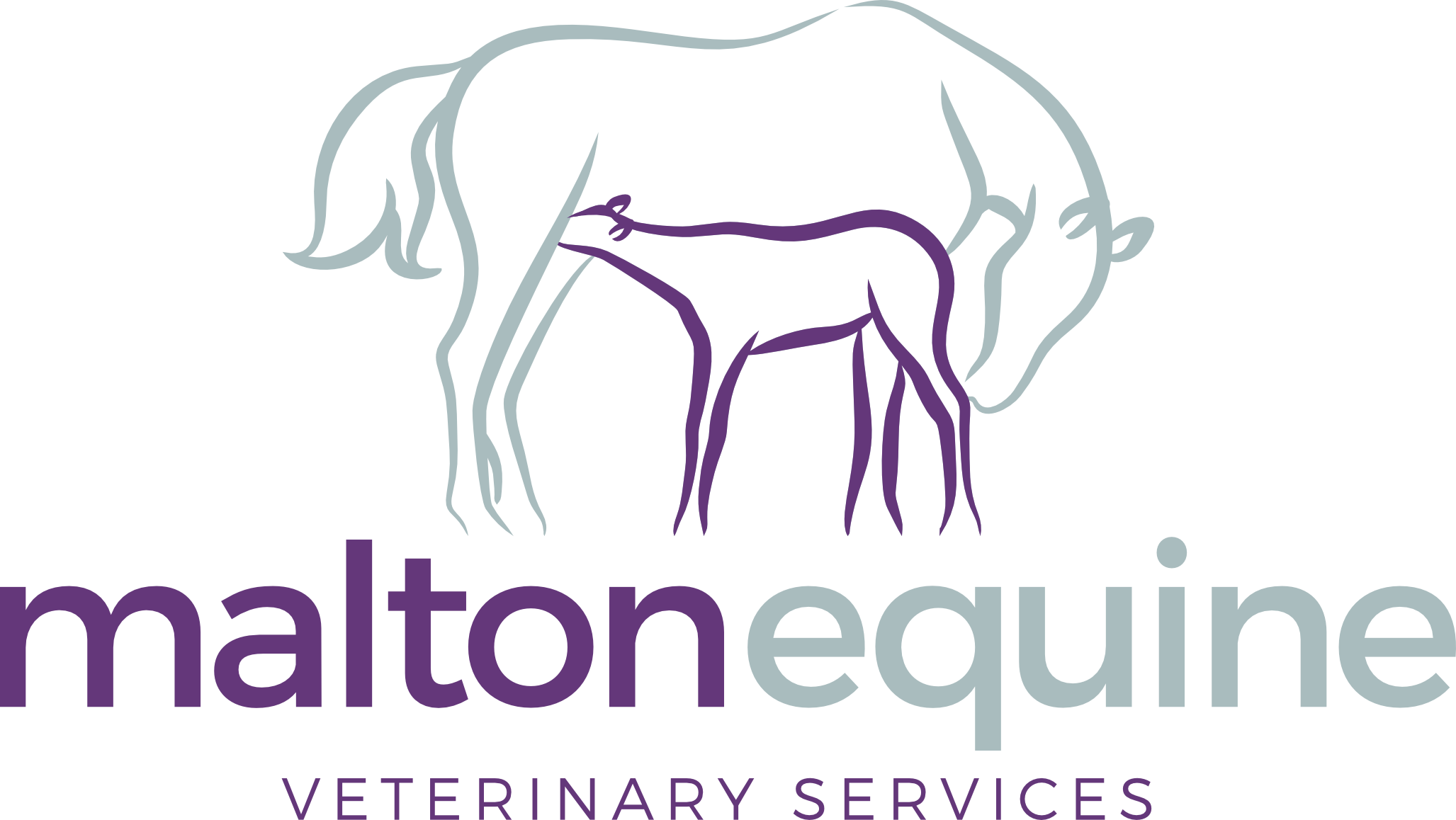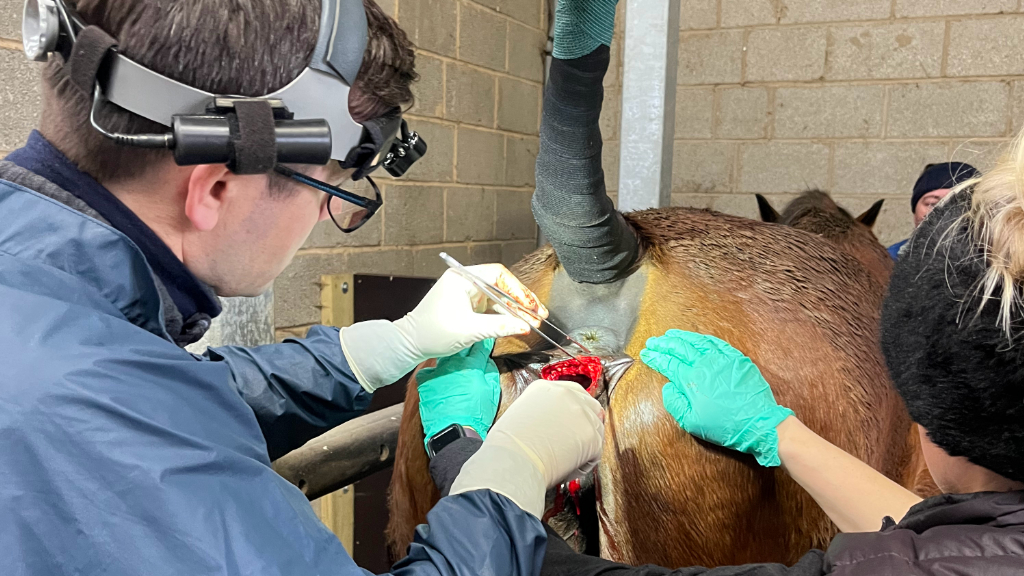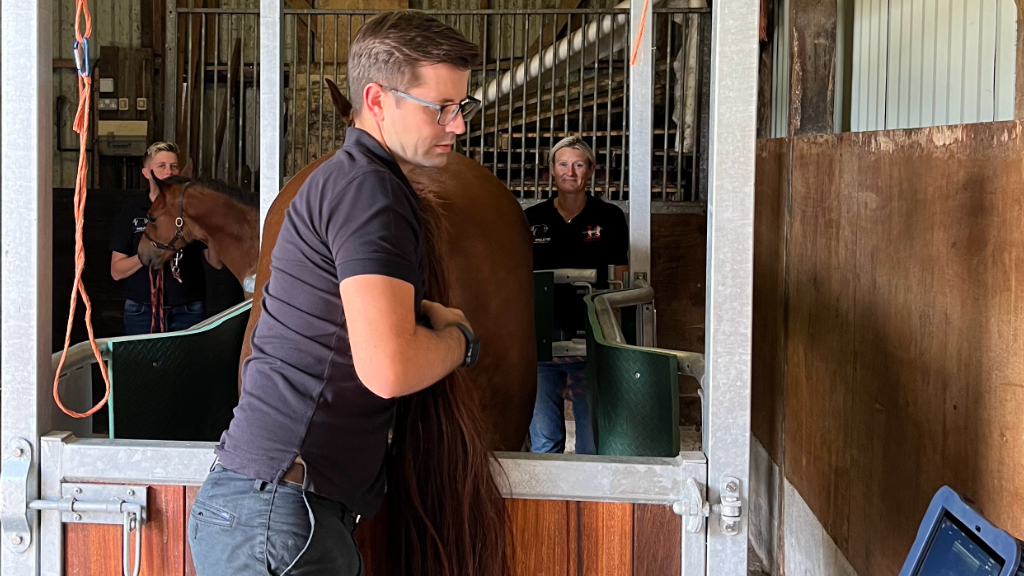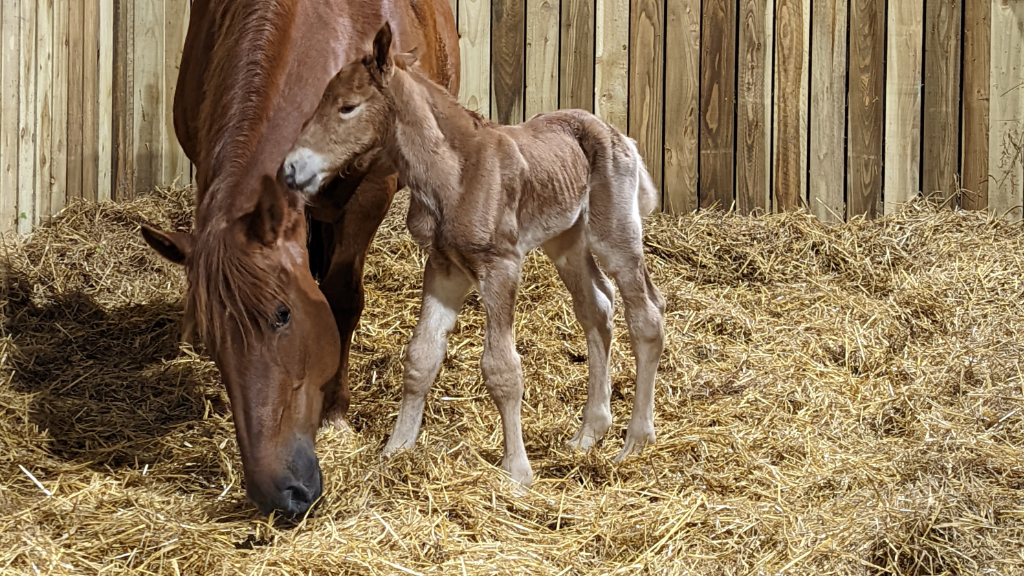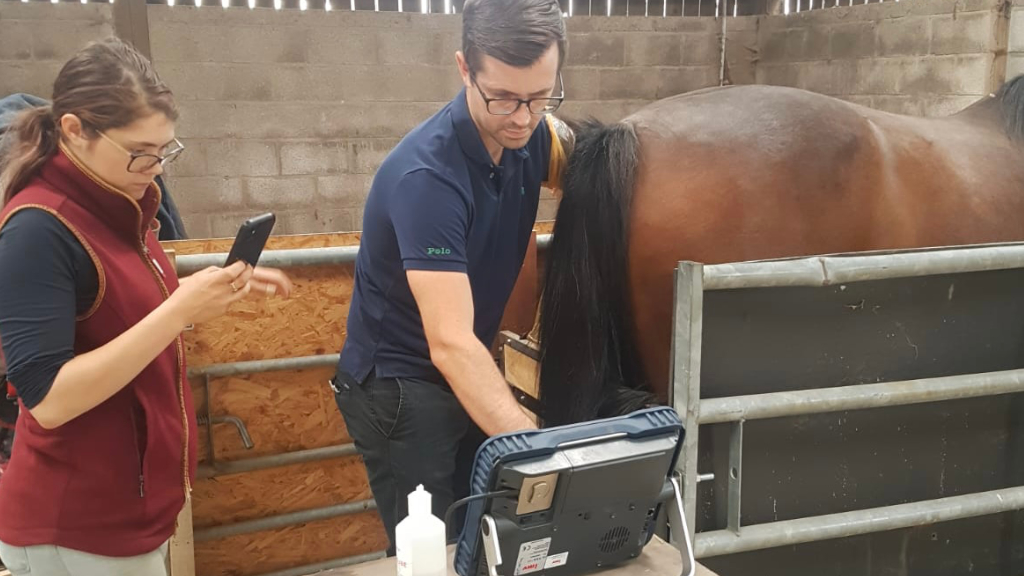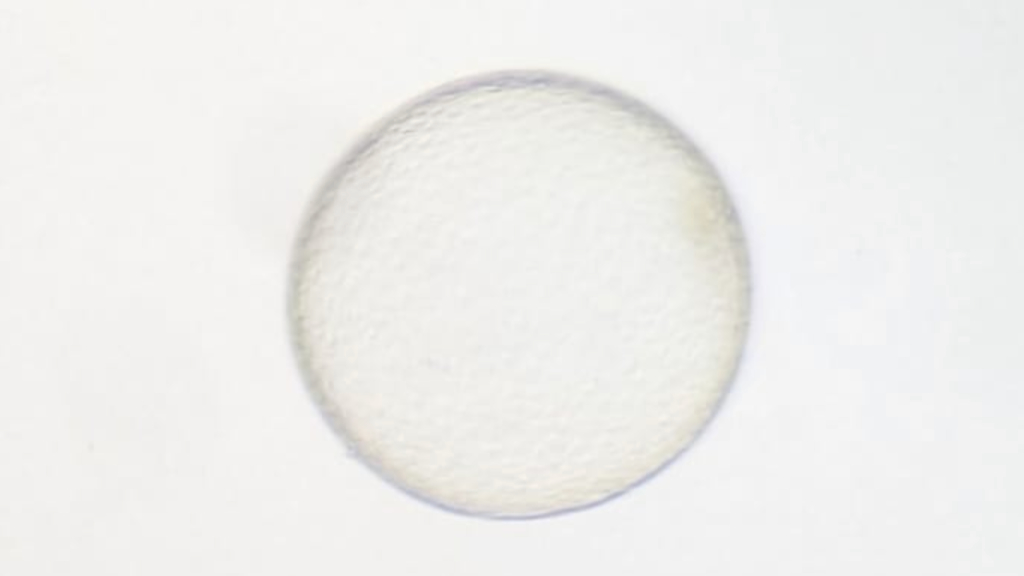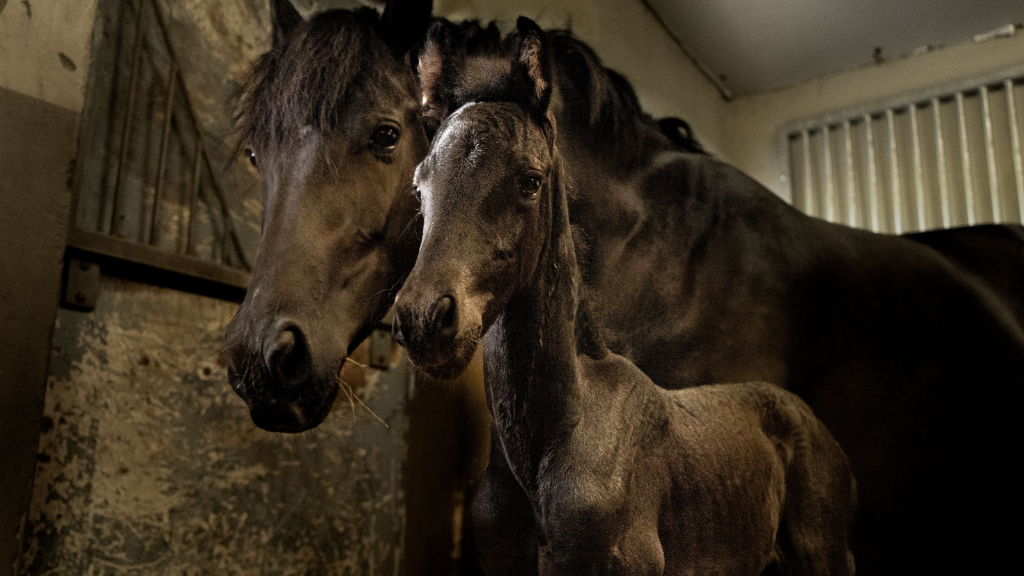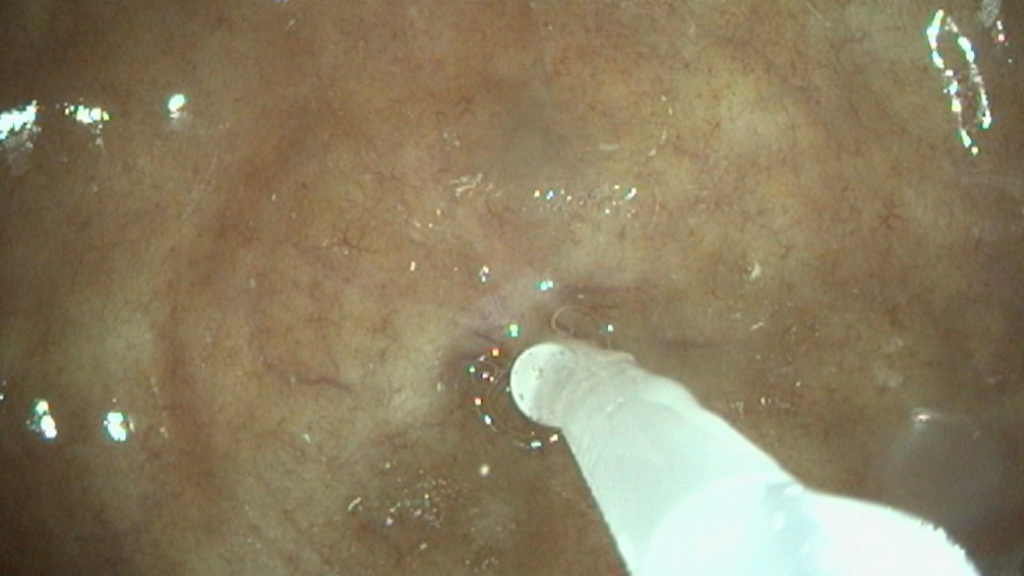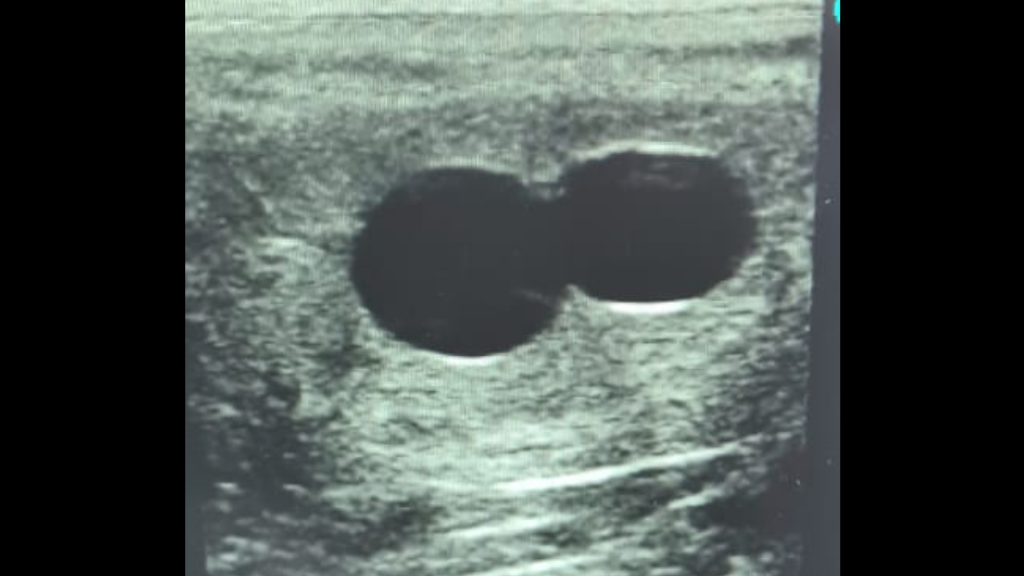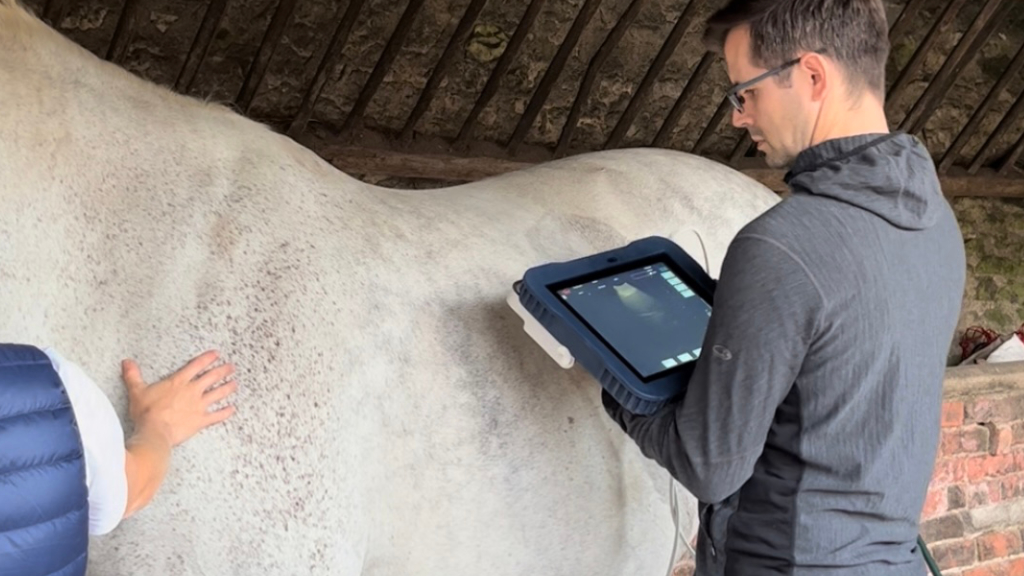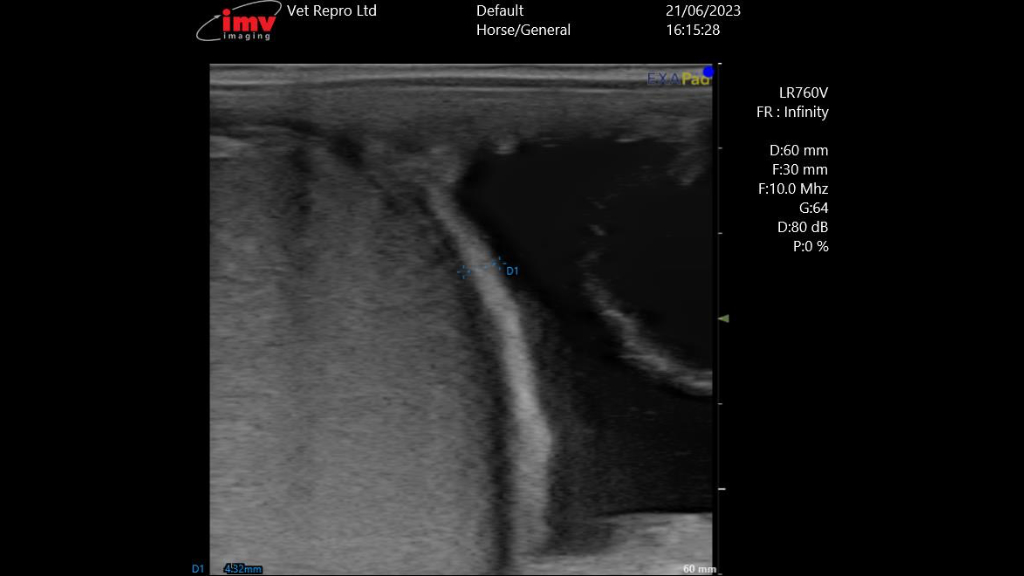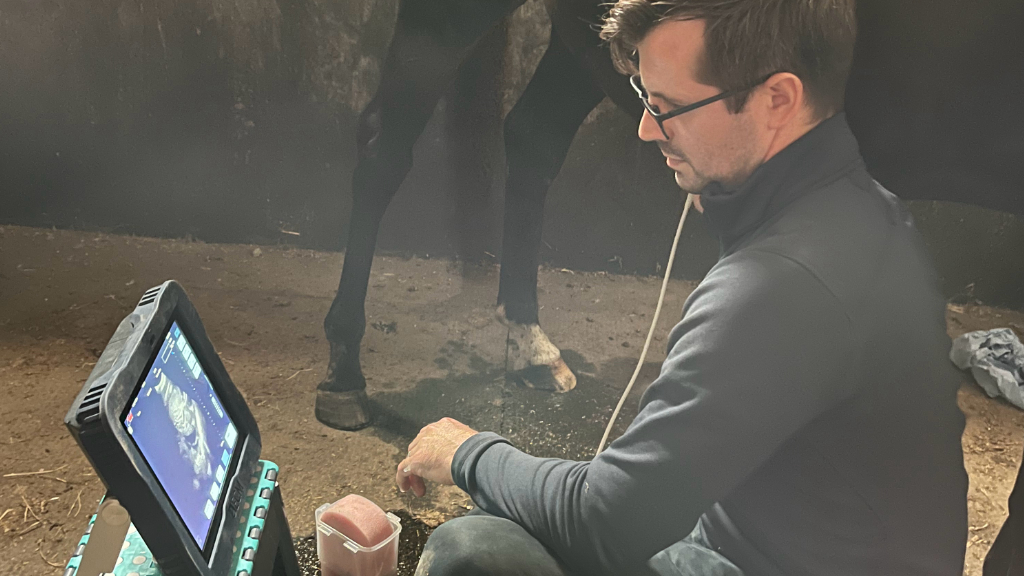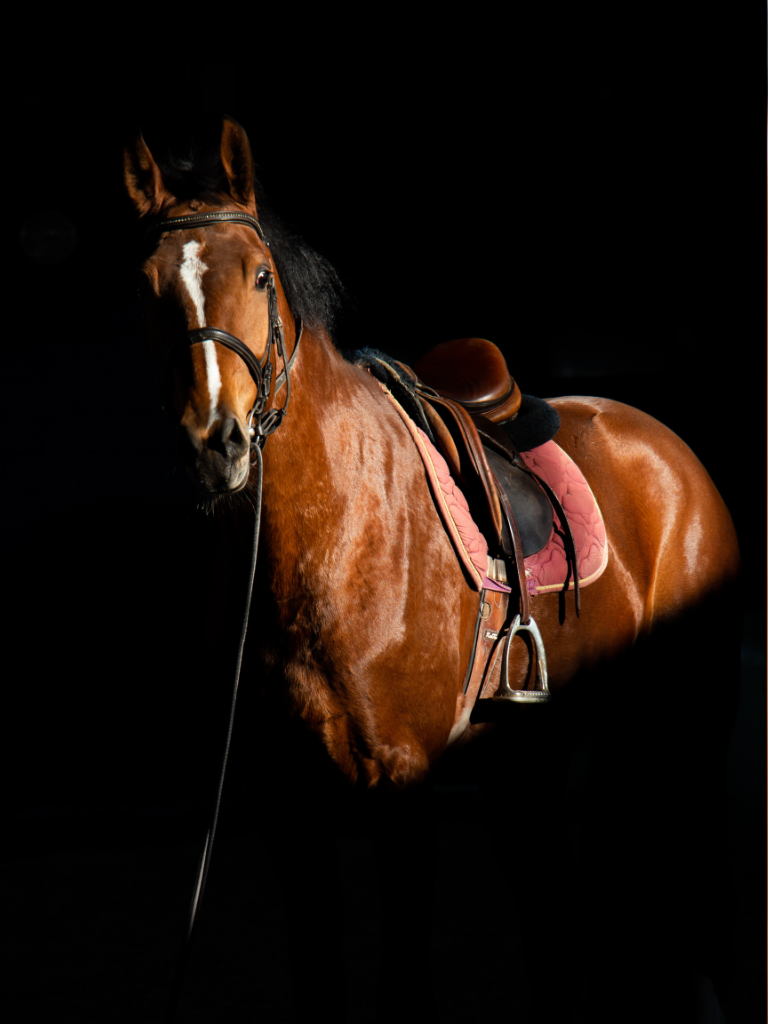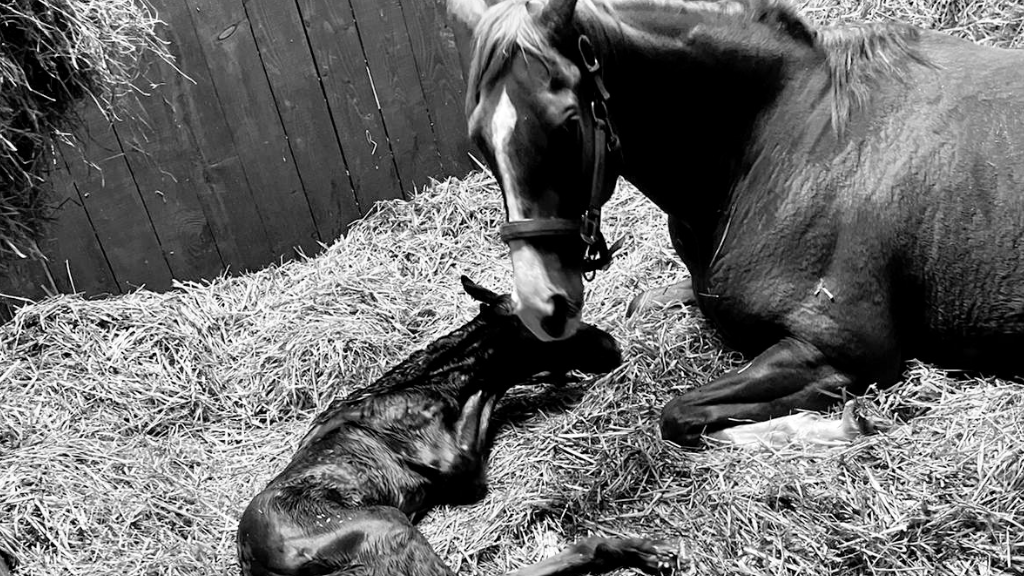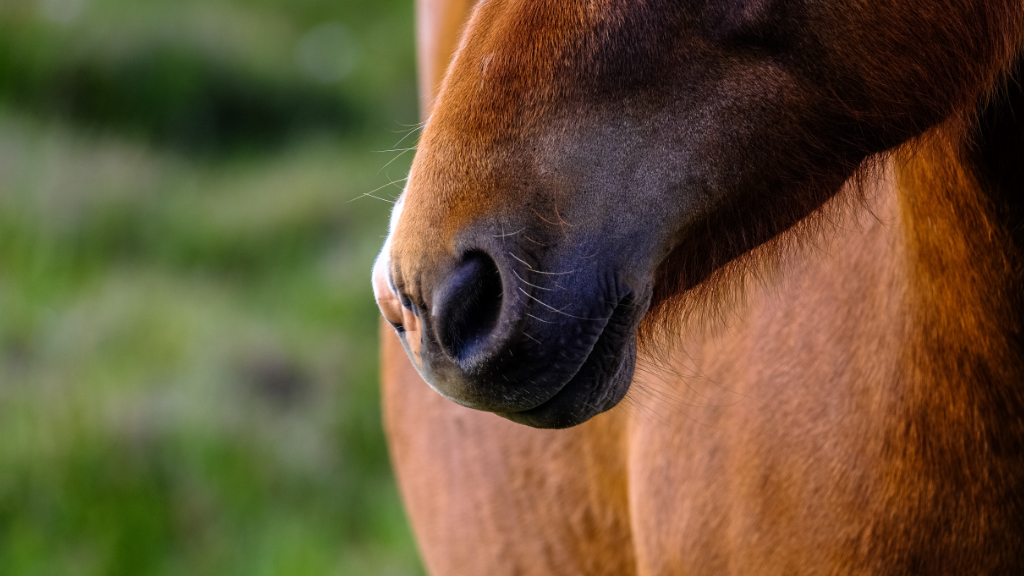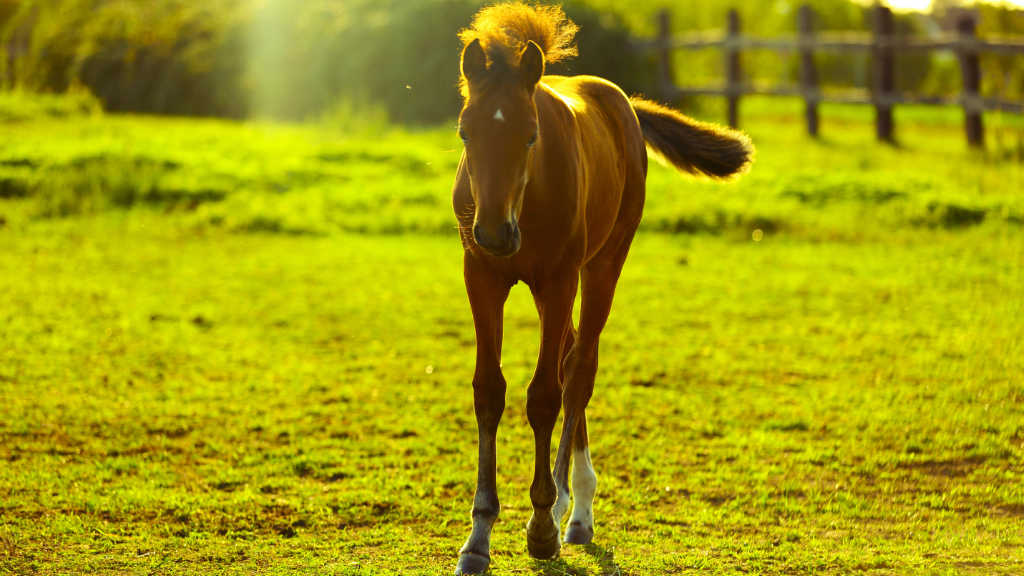Malton Equine Veterinary Services
Mare Reproductive Services
One common concern is an incompetent vulval seal, which can impact reproductive success due to aspiration of air (“pneumovagina”) containing faecal material, copious bacteria and other environmental contaminants such as fungal spores into the uterus, leading to inflammation and/or infection. A cavernous pneumovagina is also prone to urine-pooling, which can have severely detrimental effects on fertility given the irritant characteristics of urine. We offer targeted surgical interventions designed to correct these issues, which ultimately enhance the mare’s chances of successful conception, sometimes dramatically.
Caudal Reproductive Tract Issues:
The term “caudal reproductive tract” refers to the mare’s anatomy behind the uterus, primarily the vagina, vestibule, vulva, perineum, urethra and clitoris. Our experienced equine veterinarians assess each mare’s unique situation and tailor surgical interventions to address specific caudal anatomy concerns. The procedures we offer include the commonly performed Caslick’s procedure, perineal body reconstruction (Episioplasty/ Gadd), perineal body transection (Pouret) and urethral extensions, all of which techniques are meticulously designed by internationally renowned reproductive specialists and surgeons to correct conformational abnormalities that compromise reproductive health. In addition to those listed, we are experienced in surgically repairing foaling-related injuries to the caudal reproductive tract such as 1st, 2nd and 3rd degree perineal lacerations (tears), rectovaginal fistulae and cervical tears, all of which markedly impair fertility.
’Standing Surgery’ for Maximal Safety and Minimal Stress:
To ensure the comfort and safety of the mare, these surgical interventions are typically conducted using a method known as ‘standing surgery.’ This means that the procedures can be performed with the mare securely positioned in stocks, eliminating the need for general anaesthesia. Sedation and local anaesthetic sometimes via epidural, are administered to minimise stress and discomfort, allowing for a more controlled and less risky surgical experience.
Improving Vulval Seal Competence:
The primary goal of these surgeries is to preserve or enhance the competency of the reproductive tract to optimally serve its desired function. By correcting conformational abnormalities or injuries, we aim to promptly return the uterus to the optimal environment it so critically needs to be in order to achieve and maintain a successful pregnancy to term.
Emergency veterinary attention for your horse may be required at any time of the day or night. We provide veterinary care 24 hours a day, 365 days a year to registered clients.
